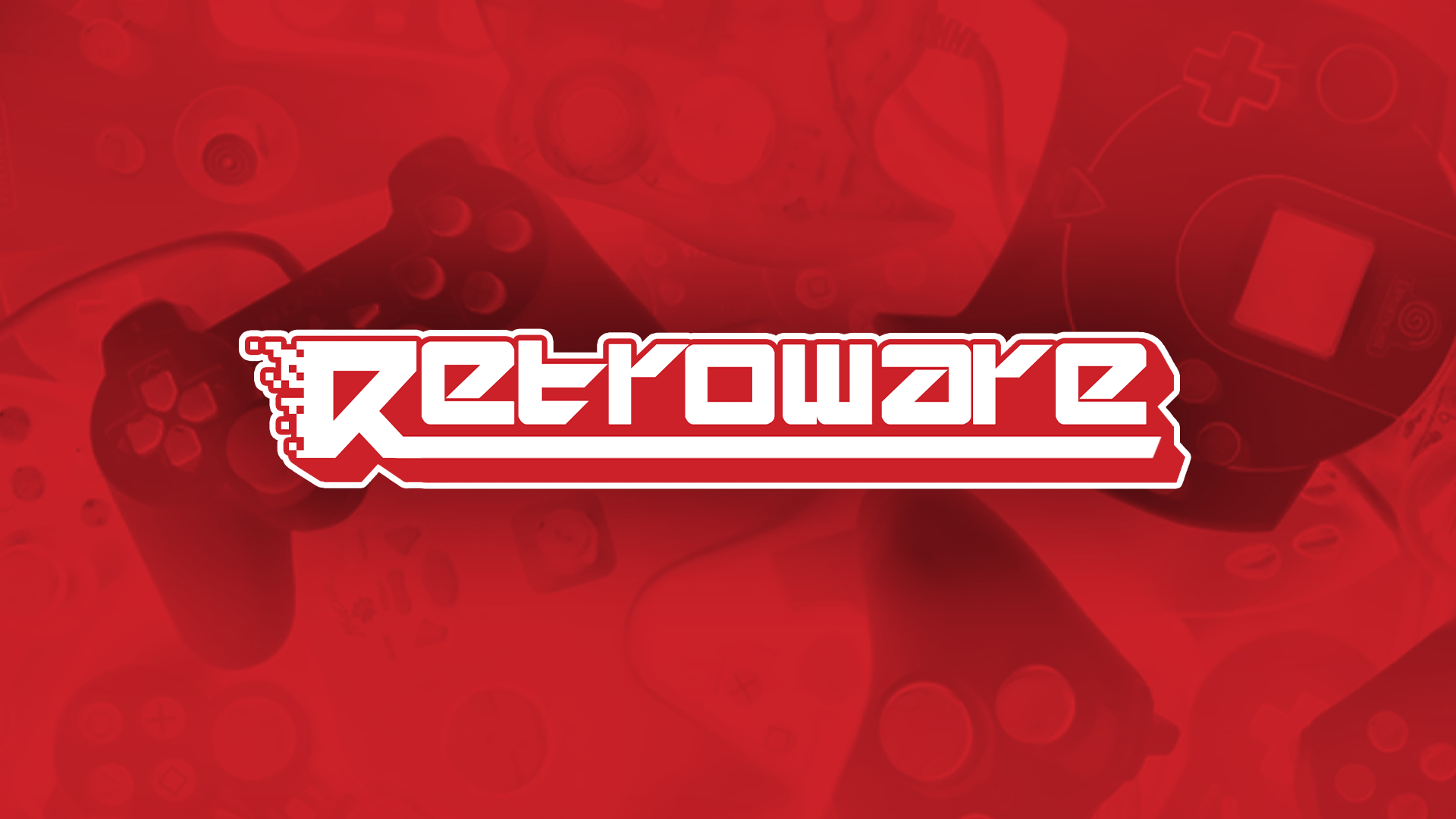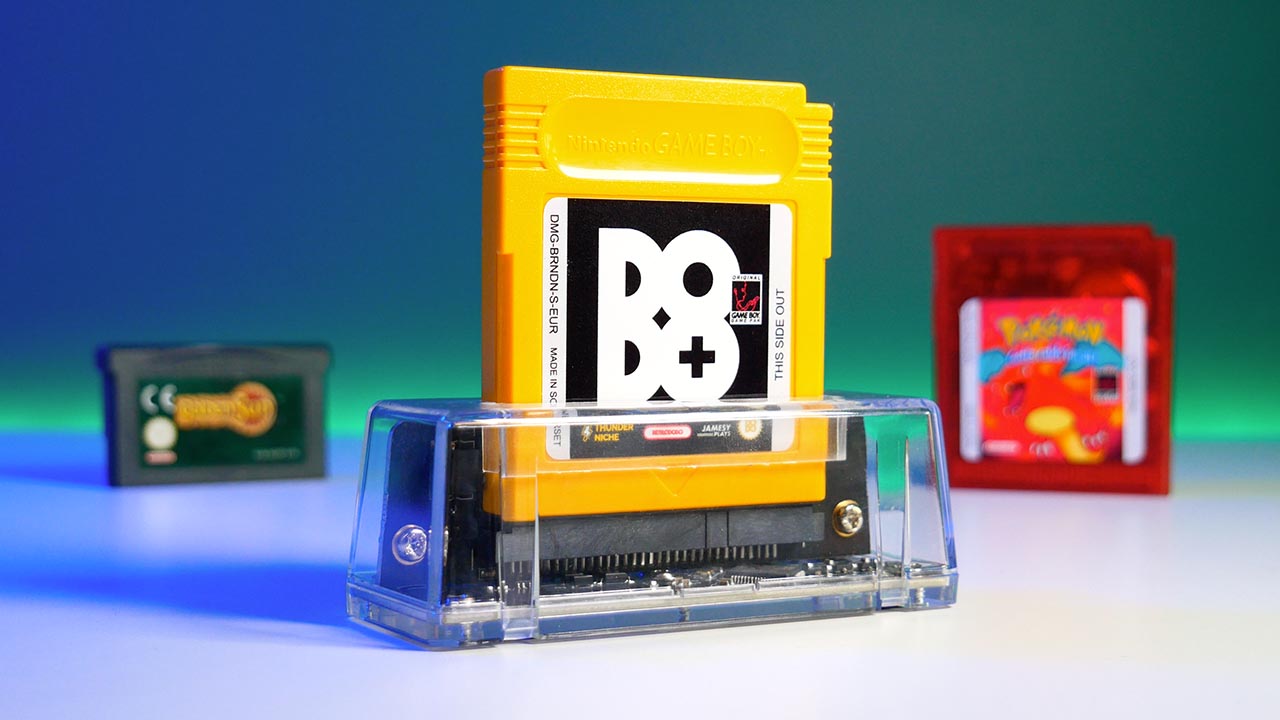Share
If you were to glance at Navegante Entertainment’s Greak: Memories of Azur, you might see its stunningly hand-drawn visuals, the main character’s adorable stature, and the potential for a compelling and emotional narrative about siblings reuniting in the midst of a terrible war. The good news is that all of those things are true on the surface, but if you dig a little deeper into Greak: Memories of Azur, it doesn’t take long to realize that there isn’t much meat on the game’s bones, and what is there is severely undercooked.
A Familiar Tale of VISUAL SPLENDOR
Greak: Memories of Azur is set during a period of great unrest. The magical Courine race – cute elf-like humanoids – are being forced to rapidly flee Azur due to an invasion of the evil Urlags, who are hellbent on killing and destroying everything in their path. Amidst all of the turmoil is a trio of Courine siblings, Greak, Adara, and Rydel, who have been separated and must reunite so they can escape together. When Greak discovers an encampment with a group of Courines working diligently on an airship, he must be combine his goals of finding his brother and sister with that of helping to build the vessel – hopefully saving everyone before the Urlags lay waste to them all.
You might expect Greak: Memories of Azur to tell a deeply affecting story about family bonds and the devastating emotional effects of war, and it touches on these themes superficially, but the stirring moments come and go without much to say. However, while I wish it could’ve pulled at my heartstrings a little harder, I still thoroughly enjoyed getting to know each of the characters, including those hanging around the encampment. None of them are given much in the way of extended backstory, but they’re likeable Courines whose hopeful comments set a very forward-thinking tone in the middle of a terrible hardship, and they’re all animated with lovely hand-drawn art just begging to be admired.
That art direction is without a doubt Greak: Memories of Azur‘s most notable achievement. The levels, which range from lush grasslands and cliffsides to gloomy marshes and ancient temples – are drawn and animated with an impeccable attention to detail, featuring vivid colors and visual flourishes that give each segment its own sense of wonder and believability. I particularly adored how, despite being an entirely 2D experience, the game incorporates foreground elements, such as showcasing the wildlife hanging out in a tree close to the camera while your characters make their way to their destination in the background. It’s all so dazzling to behold, yet there’s also heartbreak in seeing once whimsical and peaceful lands now torn asunder by the effects of the ongoing invasion, which combines elegantly with a score that seems to know exactly when to offer soaring, energetic highs and when to hit you with soft, melancholic lows.

Banal Battling, Peculiar puzzles
You begin exploring these gorgeous areas as the titular hero Greak, a small fellow who can fit through small spaces, nimbly roll around to avoid attacks, and brandish a short sword. Early in the game, though, his sister Adara joins the team with her levitation capabilities and magical projectile attacks, and then much later, players finally gain access to their older brother Rydel and his large sword and shield for blocking incoming attacks. And while each of the siblings having unique advantages sounds like it would give you a lot of options in fights, I’m disappointed to share that that never really becomes the case.
Encounters with enemies consist simply of dodging choreographed attacks and then swinging Greak’s sword, swinging Rydel’s bigger sword, or shooting a projectile with Adara – all of which is achieved by repeatedly pressing a single button. Greak can learn a handful of extra moves by doing quests from a town scout, but they’re all obtained early in the game and supply you with fundamental attacks one would expect to be included in the base kit of any other game’s sword-wielding hero. A downward slash or uppercut swing is pretty standard stuff, and neither ever feels pivotal to any face-offs with enemies, as spamming the attack button a few good times gets the job done.
Needless to say, “gets the job done” is the bare minimum for a game that features combat. Even boss fights follow the very same pattern of jamming that one attack button until you’ve whittled them down. There’s little challenge in these showdowns, let alone those against standard enemy types, yet the lack of forward momentum and the fact that you have to basically sit on top of the enemy to connect your attacks makes the entire experience feel graceless and stiff. It’s not necessarily always offensive, but it begs the question of whether combat so barebones was really worth including in the game at all.
Luckily, Greak: Memories of Azur has a little more to offer than its banal combat. Puzzle-solving tends to be a far more enjoyable time, providing clever mechanics to tackle by controlling each character individually. Things start simply enough with standing on buttons to open doors for one another, but by mid-game this escalates to some intriguing timing and placement riddles. My favorite segment had me use Greak to carry torches between fire pits to melt ice blocks while I had Adara move around a variety of platforms to allow him to cross over bodies of water without losing the fire. Since the flame burned out relatively fast, it required me to think out my button presses to switch back and forth quickly and effectively before time ran out.

Controlling each character separately during these types of segments mostly feels fine, asking you to tap a direction on the D-pad to swap over to whichever sibling you need to reposition next, or having you hold a button down to move all three characters at once – an occasionally clunky but passable option for saving a little time when just traveling between spots of interest. It’s a damn shame, however, that leaving one character hanging out for a bit can result in an enemy spawning on their location without you becoming aware until you begin to hear the wails of your brother or sister. And though they lackadaisically fight back on their own, it’s often not enough and can sometimes end in an infuriating off-screen game over before you can even switch back to them and figure out how to address the problem.
Missing that special something
But more egregious is just how incomplete the non-puzzle aspects of the game feel. Despite having RPG-lite trappings and a Metroidvania vibe, there’s no leveling system to give you a sense of progression, meaning that since enemies almost never drop anything of value, there’s usually no incentive to fight them. You can gather currency from chests or by collecting and selling resources at the encampment, but there’s nothing besides healing items (which are found plentifully in the world already), one backpack upgrade, and a cheap optional quest item or two to purchase, so my wallet was filled with an abundance of useless money only an hour or two into the game. Additionally, each character can gain a sole extra hit point by completing their one respective challenge room found somewhere along your quest, but these one-off upgrades serve only to showcase a cool idea that’s never capitalized on any further.
Granted, with these missed opportunities and the primitive combat, it’s easy to see that not capitalizing on potential is the running theme of the game. At only 4-5 hours long, it’s abruptly over before it has time to build upon any one of its many half-baked components. I can’t help but feel much of that fluff would’ve been better left on the cutting room floor in favor of making the siblings’ expedition a simple puzzle-platformer instead. It’s unfortunate, too, as the parts of the journey that shine – awe-inspiring visuals, fun puzzles, and enchanting music – do so with impressive fervor. This is clearly the work of a passionate team with an ambitious vision, but in trying to include too many underdeveloped features in an otherwise short and straightforward game, Greak: Memories of Azur ends up feeling merely like the prologue of a much grander adventure.




